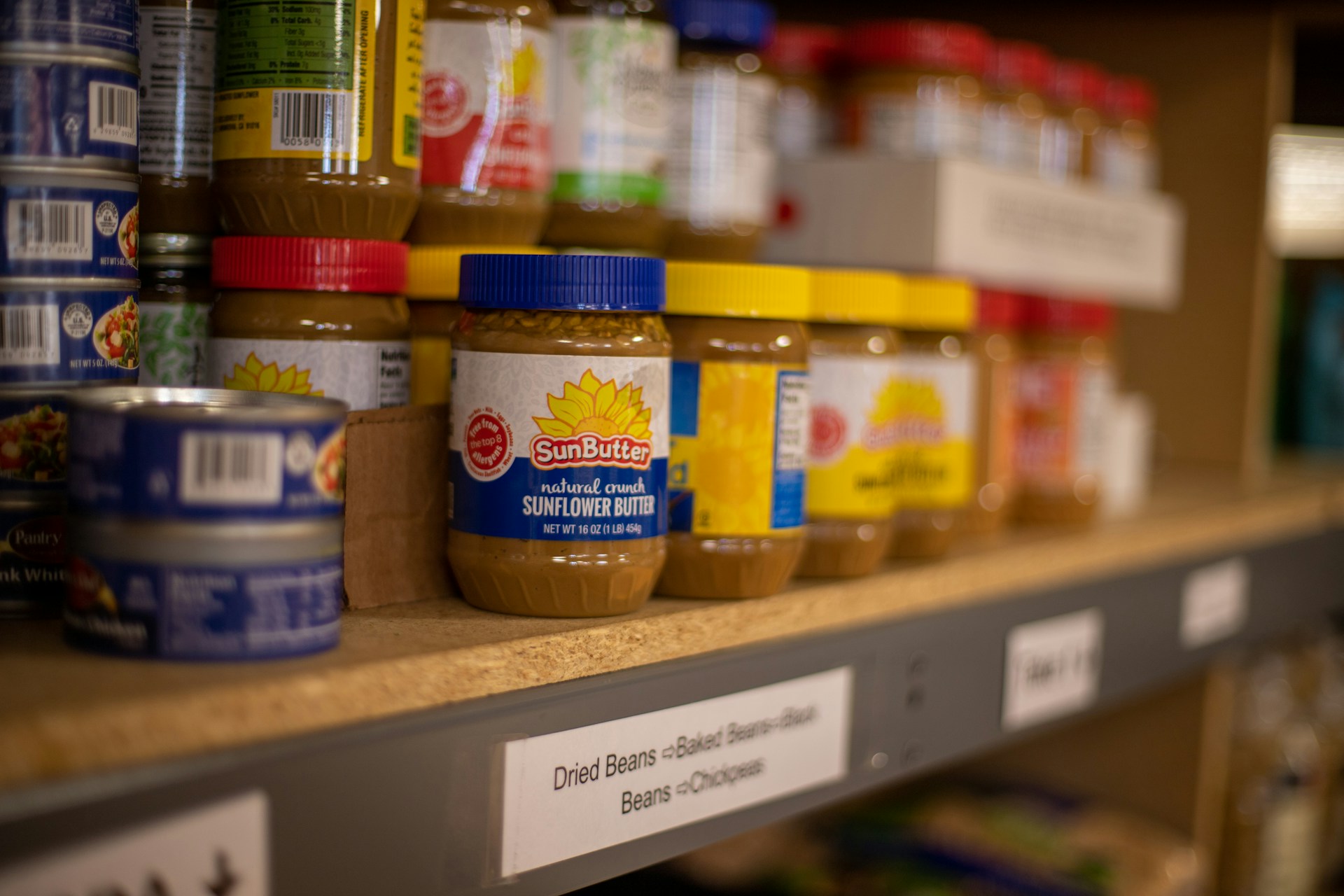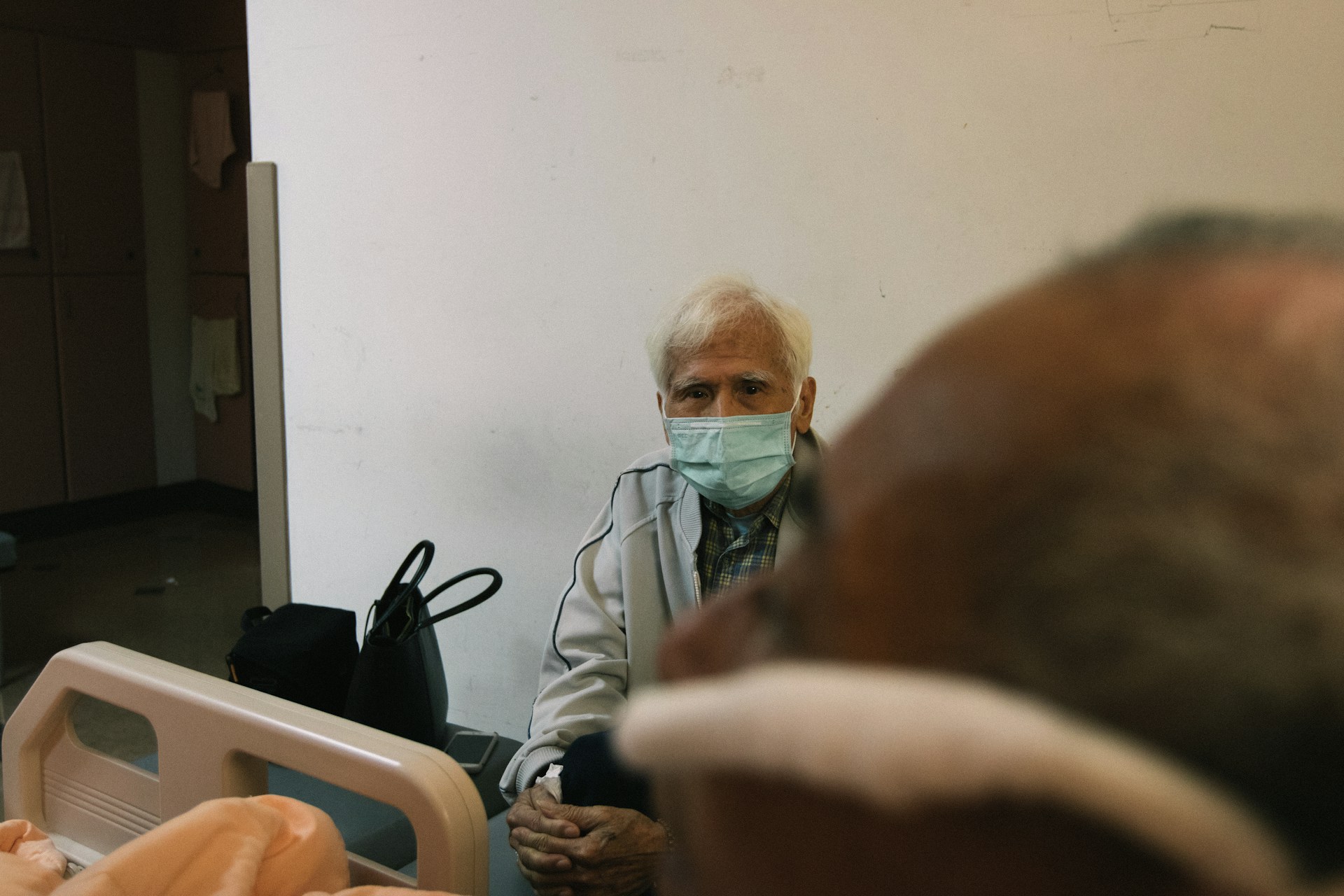The Association between Current Knowledge and Interest Levels of Gene-Based Nutrition Service among Indonesians
Hubungan Tingkat Pengetahuan dan Minat Masyarakat dengan Pelayanan Gizi Berbasis Gen di Indonesia

Downloads
Background: The rapid technological development has led to the emergence of gene-based nutrition services, which hold promise in reducing the prevalence of Non-Communicable Diseases (NCDs). However, a considerable portion of the population remains unaware of these innovative nutrition services.
Objectives: This study aims to identify the correlation between the extent of public knowledge and their interest in gene-based nutrition services in Indonesia.
Methods: This study used a cross-sectional design. This study was conducted online via the Qualtrics Survey platform during May-June 2023. The determination of the sample used a cluster sampling technique across five provinces in Indonesia. The research instrument used a questionnaire on socio-demographic characteristics and a validated structured questionnaire assessing knowledge and interest levels in gene-based nutrition services. Statistical data analysis employed the Chi-Square test.
Results: This study involved a total of 439 respondents from five provinces in Indonesia. The majority of the respondents exhibited low levels of knowledge (51.7%) and interest (55.4%) in gene-based nutrition services. A statistically significant association was observed between knowledge and interest in gene-based nutrition services (p-value=0.029, PR=1.5, 95% CI=1.04-2.22).
Conclusions: The findings of this study underline a relationship between the extent of knowledge and the level of interest in gene-based nutrition services in Indonesia. To increase public interest, it is necessary to increase knowledge regarding gene-based nutrition services through online media, nutritionists or print media that discuss nutrigenetics and nutrigenomics.
Kementrian Kesehatan RI. Dietetik Penyakit Tidak Menular. (2018).
Indra, M. R. DASAR GENETIK OBESITAS VISERAL. Jurnal Kedokteran Brawijaya 21, 19 (2006).
Suiraoka, I. P. Penyakit degeneratif, mengenal, mencegah dan mengurangi faktor resiko 9 penyakit degeneratif. (2012).
Hafsah, H., Alang, H., Hastuti, H. & Sri Yusal, Muh. Peningkatan Pengetahuan Tentang Penyakit Degeneratif Pada Masyarakat Petani di Desa Laliko Sulawesi. Kreativasi : Journal of Community Empowerment 1, 63–71 (2022).
Alathari, B. E., Aji, A. S., Kalpana, C. A., Vimaleswaran & S, K. Vitamin D Pathway-related gene polymorphisms and their association with metabolic diseases : a literature review. Journal of Diabetes & Metabolic Disorders 1701–1729 (2020).
Alathari, B. E. et al. Interaction between vitamin d-related genetic risk score and carbohydrate intake on body fat composition: A study in southeast asian Minangkabau women. Nutrients 13, 1–13 (2021).
Aji, A. S. et al. A genetic approach to study the relationship between maternal Vitamin D status and newborn anthropometry measurements: the Vitamin D pregnant mother (VDPM) cohort study. Journal of Diabetes and Metabolic Disorders 19, 91–103 (2020).
Ordovas, J. M., Ferguson, L. R., Tai, E. S. & Mathers, J. C. Personalised nutrition and health. BMJ (Online) 361, 1–7 (2018).
van Ommen, B. et al. Systems biology of personalized nutrition. Nutrition Reviews 75, 579–599 (2017).
Proboningsih, J. Nutrigenomik Alternatif Penanganan Kesehatan di Masa Depan. Jurnal Keperawatan VIII, 50–52 (2015).
Aji, A. S. Personalized Functional Foods: Masa Depan Penerapan Personalized Nutrition Advice. Prosiding Seminar Nasional Online. Personalized functional foods: MASA DepAn penerApAn Personalized nutrition advice (2020).
Surendran, S. et al. A nutrigenetic approach for investigating the relationship between vitamin B12 status and metabolic traits in Indonesian women. Journal of Diabetes and Metabolic Disorders 18, 389–399 (2019).
Alsulami, S. et al. Interaction between the genetic risk score and dietary protein intake on cardiometabolic traits in Southeast Asian. Genes and Nutrition 15, (2020).
Vallée Marcotte, B. et al. Current knowledge and interest of French Canadians regarding nutrigenetics. Genes and Nutrition 14, 1–7 (2019).
Haga, S. B. et al. Public Knowledge of and Attitudes Toward Genetics and Genetic Testing. Genetic Testing and Molecular Biomarkers 17, 327–335 (2013).
Oosthuizen, L. Aspects of the involvement, confidence and knowledge of South African registered dietitians regarding genetics and nutritional genomics. (Stellenbosch : University of Stellenbosch, 2011).
Kaufman"shriqui, V., Salem, H., Boaz, M. & Birk, R. Knowledge and Attitudes Towards Nutrigenetics: Findings from the 2018 Unified Forces Preventive Nutrition Conference (UFPN). Nutrients 12, 1–10 (2020).
Parisi, V., Gkogka, P. & Doulgeraki, S. Nutrigenetic test: Knowledge and Attitude of the Greek Public. Public Health and Toxicology (European Publishing, 2022). doi:10.18332/pht/149826.
Ademiluyi, D. D. Knowledge and Perception of Undergraduate Students towards Nutrigenomics for Personalized Nutrition in Federal University of Agriculture, Abeokuta, Ogun State. International Journal of Innovative Science and Research Technology 7, 545–598 (2022).
Wulandari, F. et al. Gambaran Pengetahuan Masyarakat Terhadap Pelayanan Gizi Berbasis Gen dalam Pencegahan Penyakit Tidak Menular di Indonesia. (2023). doi:10.13140/RG.2.2.15277.67047.
Febrianty, N., Andriane, Y. & Fitriyana, S. Hubungan Tingkat Pendidikan dengan Pengetahuan Mengenai Obat Tradisional The Relationship Education Level with Knowledge about Traditional Medicine. Pendidikan Dokter 4, 420–425 (2018).
Mustapa, M. A. C., Amin, L. & Frewer, L. J. Predictors of Stakeholders' Intention to Adopt Nutrigenomics. Genes and Nutrition 15, 1–15 (2020).
Aro, A. R. et al. Acceptance of Genetic Testing in a General Population: Age, Education and Gender Differences. Patient Education and Counseling 32, 41–49 (1997).
Sanderson, S. C., Wardle, J., Jarvis, M. J. & Humphries, S. E. Public Interest in Genetic Testing for Susceptibility to Heart Disease and Cancer: A Population-Based Survey in The UK. Preventive Medicine 39, 458–464 (2004).
Yuliana, E. Analisis Pengetahuan Siswa Tentang Makanan Yang Sehat Dan Bergizi Terhadap Pemilihan Jajanan Di Sekolah. (Universitas Muhammadiyah Purwokerto, 2017).
Morren, M., Rijken, M., Baanders, A. N. & Bensing, J. Perceived Genetic Knowledge, Attitudes Towards Genetic Testing, and The Relationship Between These Among Patients with A Chronic Disease. Patient Education and Counseling 65, 197–204 (2007).
De, S. et al. Ethical Aspects of Genotype Disclosure: Perceptions of Participants in a Nutrigenetic Study in Finland. Public Health Genomics 24, 33–43 (2021).
Castle, D. Public knowledge, awareness and perceptions of nutrigenomics A study of Canadian perspectives. Agro Food Industry Hi-Tech 21, 14–17 (2010).
Copyright (c) 2024 Amerta Nutrition

This work is licensed under a Creative Commons Attribution-ShareAlike 4.0 International License.
AMERTA NUTR by Unair is licensed under a Creative Commons Attribution-ShareAlike 4.0 International License.
1. The journal allows the author to hold the copyright of the article without restrictions.
2. The journal allows the author(s) to retain publishing rights without restrictions
3. The legal formal aspect of journal publication accessibility refers to Creative Commons Attribution Share-Alike (CC BY-SA).
4. The Creative Commons Attribution Share-Alike (CC BY-SA) license allows re-distribution and re-use of a licensed work on the conditions that the creator is appropriately credited and that any derivative work is made available under "the same, similar or a compatible license”. Other than the conditions mentioned above, the editorial board is not responsible for copyright violation.












































